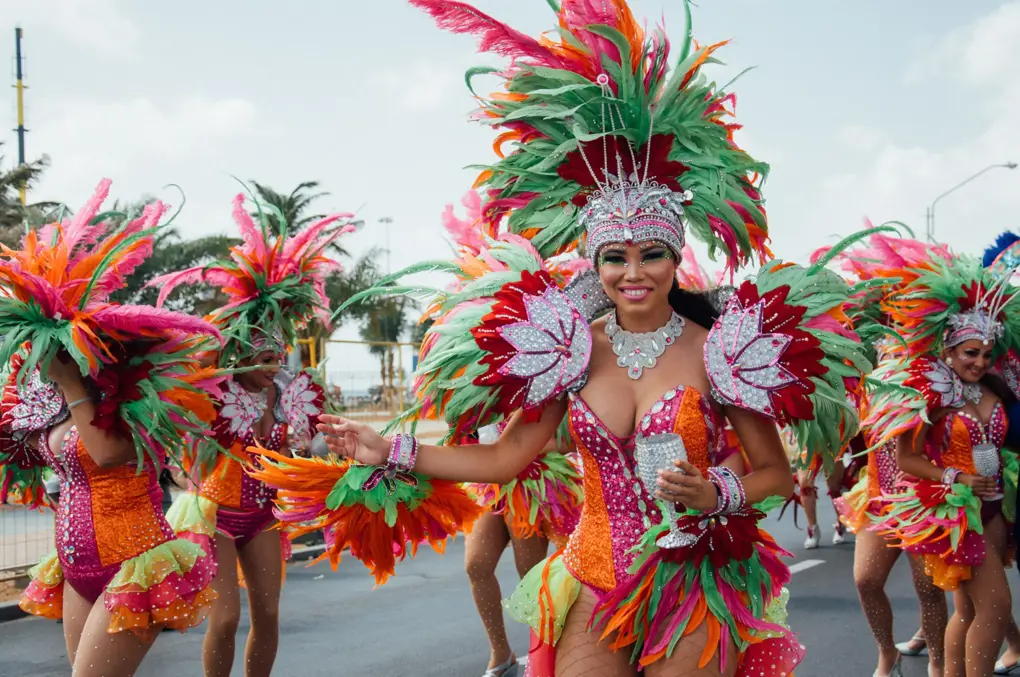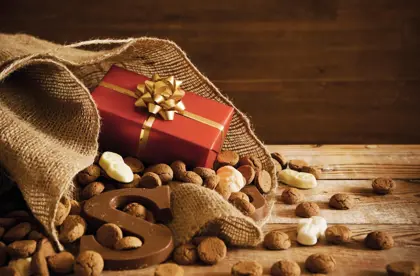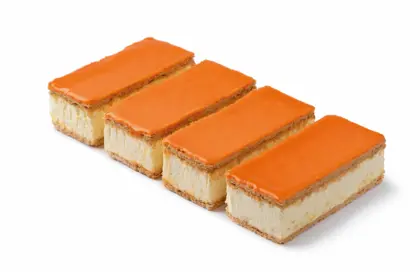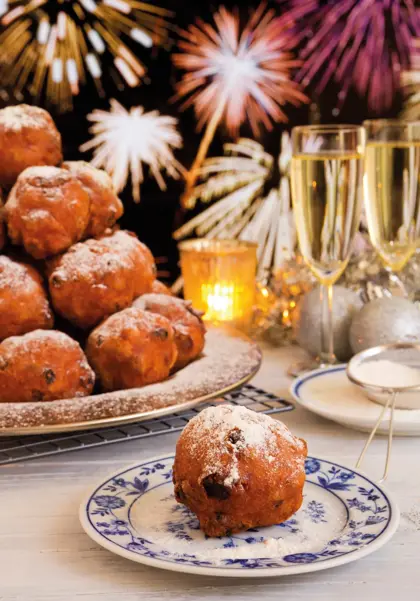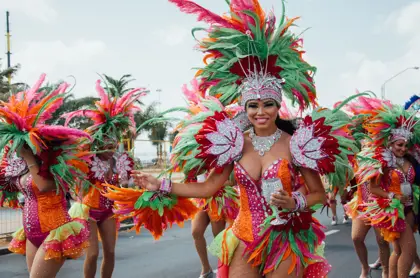Eat and party like the locals!
The Caribbean islands are known for their festive cultures but wait until you visit Aruba!
This one happy island has many reasons to have a good time all year round and invites anybody who wants to share this joyful vibe to be part of the festivities by dancing, joining in different activities, and indulging in tasty local food. Are you ready to eat and party like the locals?
“Dia di Betico” – Betico Day, January 25th
Known as The Liberator of Aruba, the late Gilberto “Betico” François Croes helped the island to become autonomous within the Kingdom of the Netherlands in 1986. On that significant day, Arubans get together to honor him by participating in sporting events, folkloric shows, games, and musical performances. Food and drink stalls are also present so you can treat yourself to typical local snacks such as pastechi’s, croquettes, empanada’s, and cheese balls among other things.
Carnival – January – March
Decorated floats, dazzling costumes, parades, and concerts take over Oranjestad and San Nicolaas during these months. The Grand Parade is definitely the most anticipated event with its participants covered in feathers and glitters while dancing Calypso across many kilometers. The end of Carnival is marked by the “Burning of King Momo” followed by Ash Wednesday, which is the first day of Lent. Many locals then decide to fast during the 40 days of ‘Cuaresma’ by eating once a day or choose to mainly indulge in fish and seafood.
“Dia di Himno y Bandera” National Anthem and Flag Day, March 18th
This is a very exciting day as Arubans celebrate the national anthem, and the flag, as well as their separation from the Netherlands Antilles. This day is all about patriotism and embracing the island’s culture with folkloric events, music, and fireworks. As many stands will be selling t-shirts and accessories showcasing the Aruban flag, traditional food will also be sold such as Cabrito Stoba (Goat stew) with a side of funchi, pan bati, and more. Easter – April Easter is a very active celebration in Aruba as kids have a week of vacation from school and parents take the opportunity to organize beach days and camping trips with their loved ones. Some will even spend the week on their boats to make the most out of it. On Easter day itself, families join in on many activities such as easter egg hunting, breakfast and brunch, and BBQ get-togethers.
King’s Day, April 27th
On this day, the streets of Oranjestad are packed with people dressed in orange waving the Netherlands’ flag. While honoring King Willem-Alexander’s birthday, many family oriented activities are organized such as a parade, kite flying, flea markets, and musical concerts. It is also the perfect day to treat yourself to traditional Dutch food such as orange tompouce, French fries served with “friet saus”, frikandel, bitterballen and delicious poffertjes!
“Dia di San Juan/Dera Gai” Day of San Juan, June 24th
The purpose of this festivity is to be thankful to God for the good harvest and ask for his blessing for the coming year. While women are wearing long traditional dresses, the red and yellow colors are proudly worn by everyone. Music and dances are at the center of the celebrations characterized by drums while fire is also important as it is meant to scare bad luck resulting in a good harvest the next year.
“Sinterklaas” Saint Nicholas, December 5th
You can recognize Sinterklaas by his long white beard and red bishop’s dress carrying a big book with all the children’s names. Along with his “Piet’s” Sinterklaas is welcomed every year by the Aruban children and songs are played everywhere in both Dutch and Papiamento. While kids put a letter they wrote, carrots, hay, or sugar cubes in their shoes as a gift to this legendary figure, he delivers gifts to the ones that are well behaved. Candy, chocolate letters, and coins as well as ‘pepernoten’ are indulged on this celebration.
Christmas, December 25th and 26th
Many traditions are followed during this holiday such as attending the church mass on Christmas Eve, hosting a traditional dinner, opening gifts on Christmas morning, driving around to observe the decorated houses, and shopping on boxing day. Christmas also comes with feasting on a lot of food and listening to ‘gaita’ music. Ham, ayaca, arros con pollo, and stuffed turkey will surely be served for dinner while deviled eggs, cheese balls, croquettes, pastechi’s, and meatballs are also popular snacks. With a glass of Ponche Crema in one hand, pistachio cake and “bolo preto” cake is a must.
New Year’s Eve and Day, December 31st and January 1st
As locals, restaurants, and hotels throw their own firework show, beautiful illuminations take over the sky all night long with Dande music playing in the background. Long strings of Chinese firecrackers locally known as pagara are also lit up in the parking lot of businesses to fend off evil spirits for the coming year. During these festivities, locals sell delicious ‘oliebollen’, a well-known Dutch treat smothered with sugar powder. Finally, to wrap up the celebration, on the 1st of January, people of all ages gather together at Moomba Beach to take their first plunge of the year into the ocean.
Article written by Jessica Gallant
